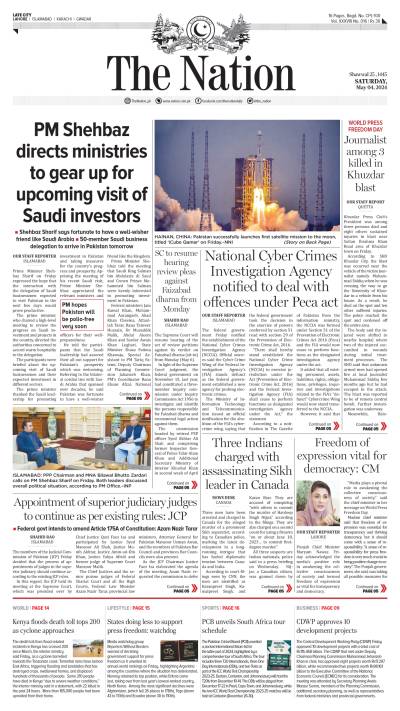According to an investigation carried out by the Committee to Protect Journalists (CPJ), Twitter has blocked nearly a million tweets from accounts that focus on Kashmir at the behest of the Indian government. This is another one of the tactics of the Indian government to block any content or news coming out of Kashmir to blackout the reports of the atrocities being committed by the state in Indian Occupied Kashmir (IOK). What is even more appalling is the compliance of the Twitter authorities, that claim to not filter out voices that speak for the oppressed. However, in the case of Kashmir, the policy seems to be opposite to that of the claims.
Those blocked accounts are not just limited to Indian borders but also from outside of India. This is the curtailment of the right of expression and should be monitored as this is resulting in a lack of access to rights for the people of Kashmir. Social networking sites should be mindful of the role they play in crises around the globe. Kashmir issue is very pertinent as the residents are being stripped off the rights guaranteed to them under the Human Rights Charter, which India is a signatory of.
The foundation of Twitter especially is to provide a platform to the marginalised and not censor any voices to ensure the plurality of narratives around the globe. If such mega-companies compromise on core principles for profits, then they will not only lose credibility but also push for a digital space empty of safe haven that it used to provide to its customers. At the same time, this also pushes us to consider the debate about surveillance. If the mere existence of opinions on social networking sites can be scrutinised and pushed off these websites, then this will result in shrinking digital spaces where customers can voice out their opinions without the fear of their words being taken down to protect the interests of nations.
While there is certainly a need to check narratives that challenge the sovereignty of a state and can result in a security lapse, it is important to recognise which party is playing the role of an aggressor that can lead to loss of lives and subjugation of the marginalised. In this particular case, the role of India as an aggressor is very evident and if big companies are aiding them then they are accomplices in the atrocities being committed in IOK.





